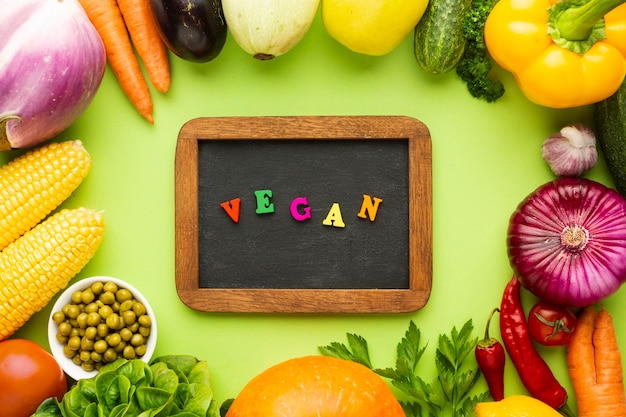
Curious about losing weight in a tasty way? Try the Fruit and Meat Diet for Weight Loss! This diet combines the nutritious benefits of fruits with the protein power of meats, helping you shed pounds without feeling deprived.
Forget bland salads; welcome flavorful meals that support your weight loss journey. With this balanced mix, you’ll enjoy every bite while watching the numbers on the scale drop. Let’s explore how this dynamic duo can boost your health goals!
The fruit and meat diet revolves around blending two low-calorie food groups rich in essential nutrients. Fruits are packed with vitamins, minerals, and fiber, while lean meats provide the protein necessary for muscle repair and metabolism. By combining these groups, this diet aims to create a balanced eating plan that aids in weight loss without compromising nutrition.
One major advantage of the fruit and meat diet is its emphasis on whole, nutrient-dense foods. Fruits are naturally low in fat and calories, making them great for weight management. Lean meats like chicken, turkey, and fish add protein, which keeps you full and prevents muscle loss during weight loss. Plus, the vitamins, minerals, and antioxidants in fruits promote overall health.
The fruit and meat diet promotes weight loss in several ways. First, the high fiber in fruits helps regulate appetite and makes you feel full, reducing overeating. Second, lean meats are a protein powerhouse, aiding muscle growth and boosting metabolism, which increases calorie burning. Lastly, focusing on whole foods means cutting out many empty calories and refined sugars found in processed foods, supporting weight loss further.
While the fruit and meat diet shows promise, it’s important to consider your preferences, dietary restrictions, and health before starting. Some might find it hard to follow a diet that limits certain foods, while others with specific health conditions may need adjustments. Consulting a healthcare professional or dietitian can offer personalized advice and ensure you meet your nutritional needs on this diet.
A typical day on the fruit and meat diet could include various fruits like berries, apples, and citrus, along with lean proteins such as grilled chicken, turkey, or fish. Breakfast might be a fruit smoothie with Greek yogurt, lunch a salad with grilled chicken, and dinner grilled fish with steamed vegetables. Snacks could be sliced fruit with nuts or turkey slices with cucumber.
Despite its benefits, the fruit and meat diet has potential downsides. Lack of variety could lead to boredom and difficulty maintaining it long-term. Also, some fruits have higher sugar levels, which could be a concern for those with diabetes or insulin resistance. Over-reliance on lean meats might cause an imbalance in macronutrients and lead to issues like high cholesterol or kidney problems.
To make the fruit and meat diet effective, focus on variety, moderation, and balance. Including a range of fruits and vegetables ensures you get essential nutrients and keeps meals interesting. Adding healthy fats like nuts, seeds, and avocados can help you feel full and promote overall health. Staying hydrated, exercising regularly, and paying attention to hunger and fullness cues are also key to success on this diet.
In summary, while the fruit and meat diet might help with short-term weight loss due to its low calorie and high protein content, it’s crucial to think about long-term impacts. A balanced diet with various food groups is vital for overall health. Always consult a healthcare professional before making major dietary changes to ensure all your nutritional needs are met.